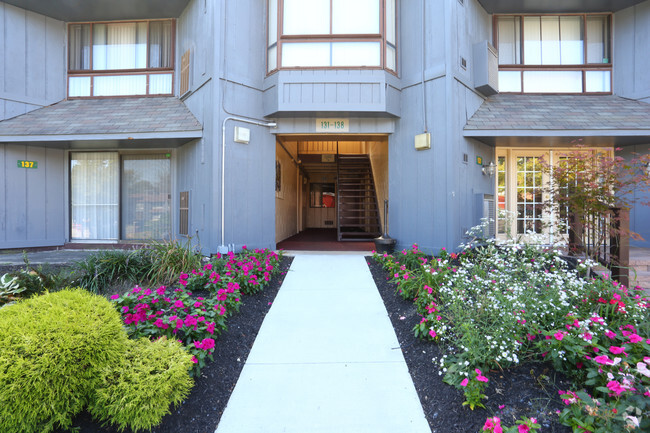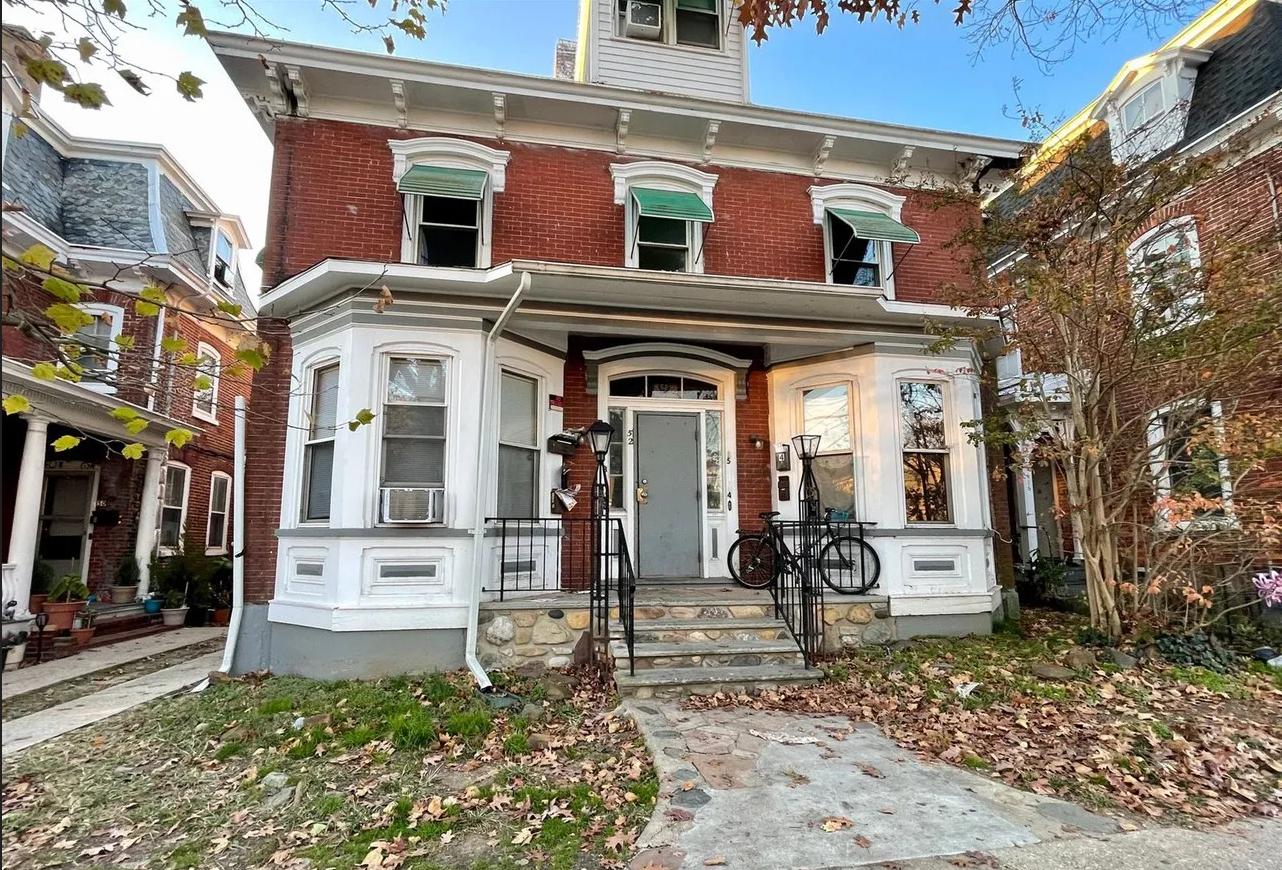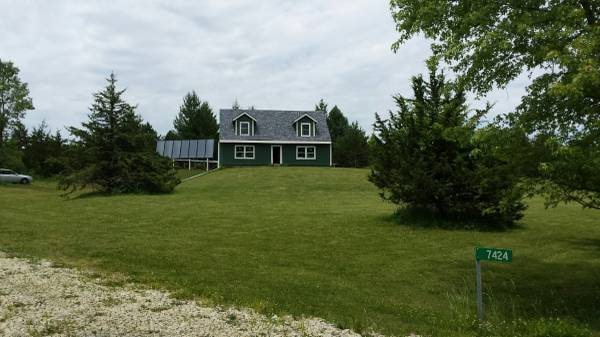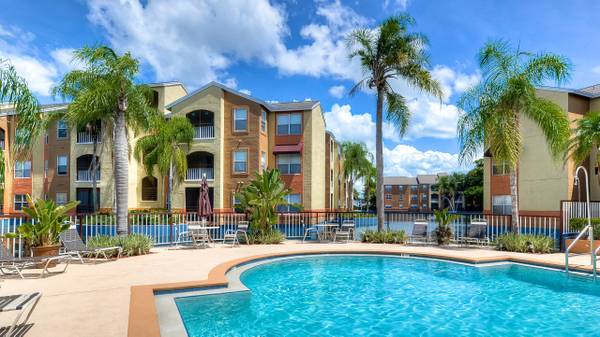Are you renting an apartment and wondering if your landlord is allowed to look in your closets? It can be intimidating feeling like someone might be snooping around in your personal space, but luckily there are laws that protect tenants from unreasonable intrusion by their landlords.
In this blog post, we'll discuss tenants' legal rights when it comes to allowing a landlord into their rented residence - what they can and cannot do, reasons why they may need access, and how tenants should handle the situation.
Answer:
Other than conducting a general inspection of the rental unit to assess its condition and upkeep, landlords are not allowed to search through a tenant's possessions or handle their personal belongings without obtaining the tenant's authorization. Any such action would be considered a violation of the tenant's rights.
Examples of landlord violations of tenant rights?
- Entering the premises without prior notification.
- Searching through a tenant's belongings without permission or reason.
- Demanding access to closets or other closed spaces without cause.
- Going through drawers and cupboards while in the presence of the tenant.
- Taking pictures or videos of the tenant's belongings while inside the rental unit.
Can landlords enter rented apartments without notice or permission?
In general, landlords are required to provide tenants with reasonable notice before entering an apartment, which typically varies by location but is usually around 24 hours. Moreover, landlords can typically only enter apartments during regular business hours.
How Often Should A Landlord Inspect The Property?
In most states, there's no specific limit on the number of inspections that can be conducted each year. However, it's important to note that your landlord cannot conduct inspections in a way that interferes with your reasonable use of the property.
Typically, landlords will do a move-in inspection, a move-out inspection, and one mid-term inspection. Some may also do seasonal or quarterly inspections, or specialized inspections for things like fire safety or pest control. These inspections are necessary to ensure that the property is being properly maintained and that any issues are addressed promptly.
To avoid any confusion or disputes, it's a good idea for your landlord to include information about inspection procedures and schedules in your lease agreement. This way, you'll know what to expect and when, and you can plan accordingly.
Can A Tenant Refuse Landlord Inspection?
In general, tenants do not have the right to refuse a landlord inspection. However, if the landlord violates tenant rights, such as entering without proper notice or searching through belongings, tenants can take action to protect their rights and privacy. While tenants can request a different entry date, they cannot unreasonably deny the landlord entry as long as all entry requirements are met.
How Can Tenants Protect Themselves From These Kinds Of Intrusions?
In general, landlords are not allowed to enter rented premises without reasonable notice and the tenant's express consent. If a landlord enters the unit without warning or permission, it is considered an illegal act, and the tenant has the right to take legal action against them for trespassing. Tenants can also file a complaint with their local housing authority or the police if they feel their rights have been violated.
Tenants should also review the terms of their rental agreement and make sure they understand what kinds of access their landlord is allowed to have. If anything seems suspicious or out of bounds, tenants should immediately contact their landlord and discuss the issue.
Conclusion
In conclusion, tenants have legal rights that protect their privacy and personal space from unreasonable intrusion by their landlords. While landlords may need access to rental units for specific reasons, such as conducting inspections or repairs, they must follow the proper procedures and provide reasonable notice to tenants.
If a landlord violates a tenant's rights, the tenant has the right to take legal action and protect their privacy. Tenants should review their rental agreements, understand their rights, and communicate with their landlords if they have any concerns or questions.





